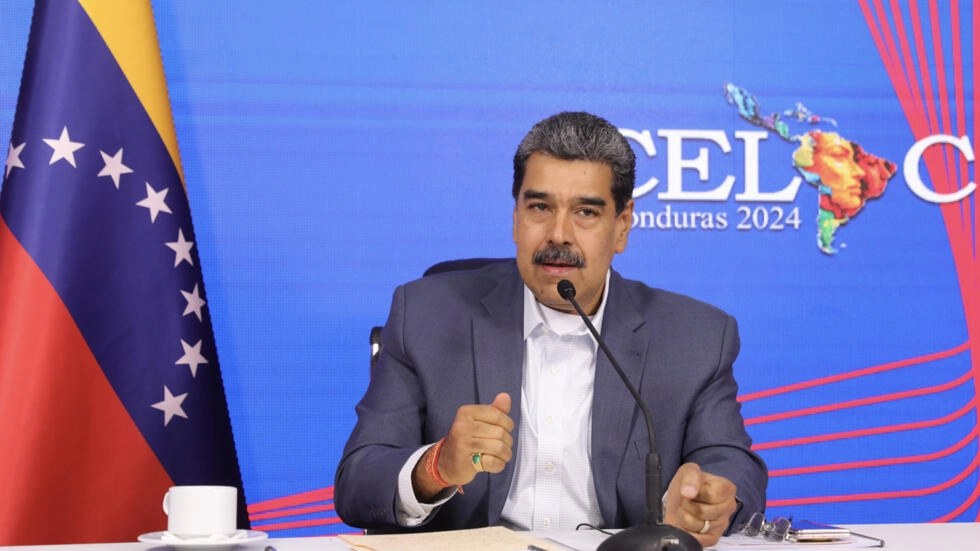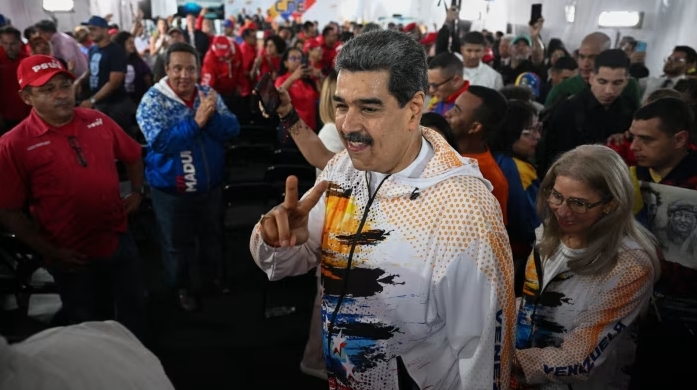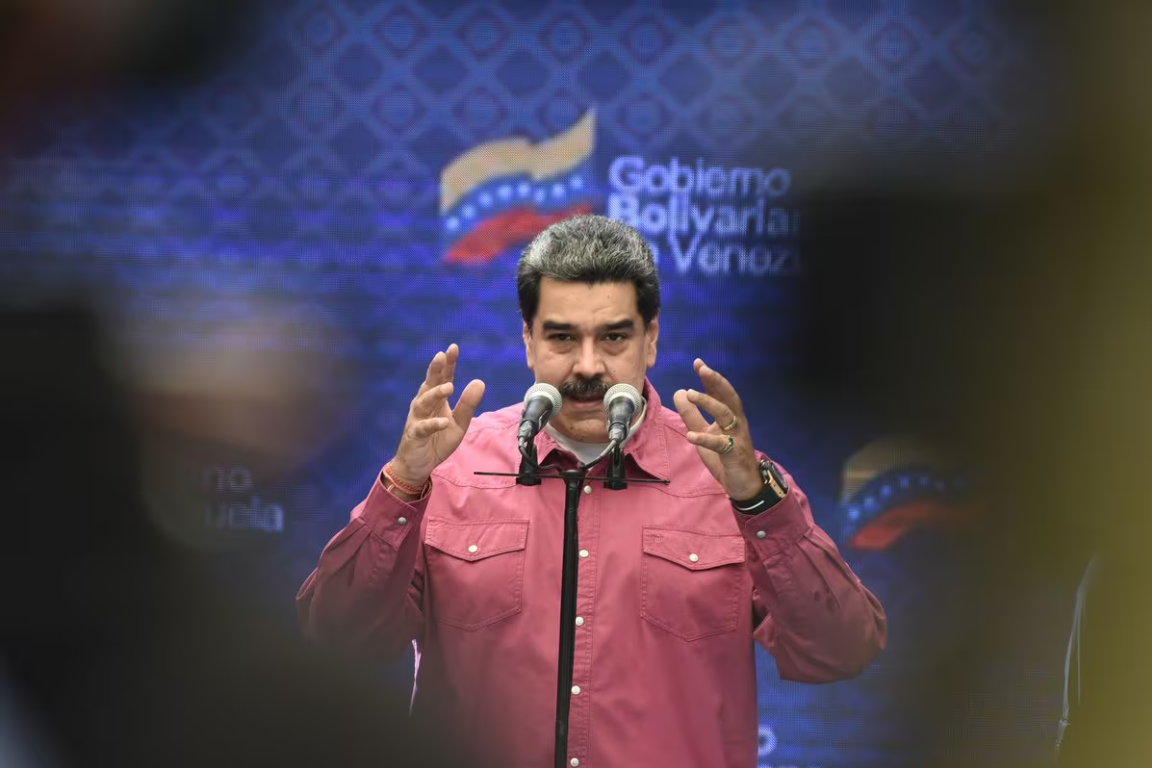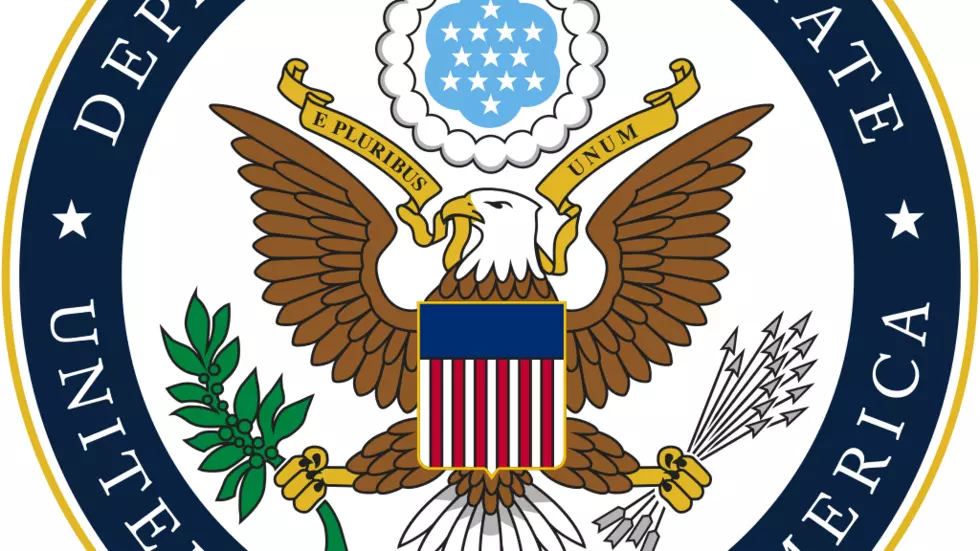This article is more than
5 year oldVenezuela crisis: Migrants dash to cross Peru border
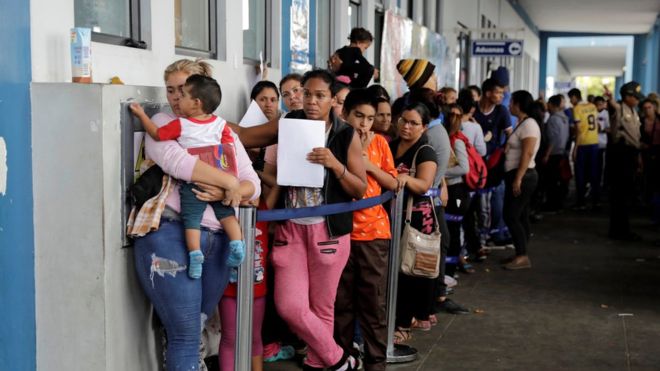
From midnight local time (05:00 GMT) on Saturday, Venezuelans need to have a valid passport and visa to enter Peru.
The new requirements prompted a dash to the border from those fleeing Venezuela's years-long economic crisis.
Some four million people have fled Venezuela since 2015, according to the United Nations.
The country's imploding economy has resulted in high unemployment and shortages of food and medicine, and hundreds of thousands of people are said to be in need of humanitarian aid.
Prior to Saturday's deadline, Venezuelan citizens wanting to enter Peru only require a national ID card.
Nearly 6,000 Venezuelans entered through the border town of Tumbes on Thursday, officials said, which is almost three times the daily average.
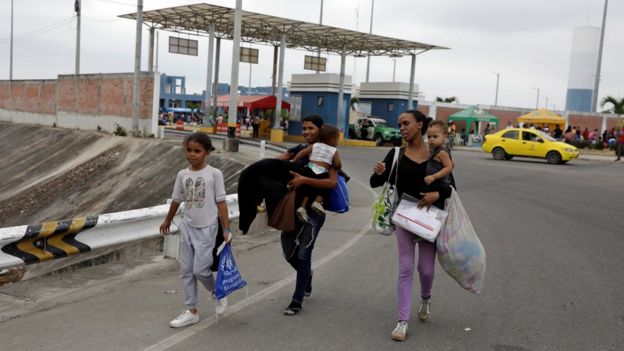
Many Venezuelans will be unable to meet the new immigration requirements
Marianni Luzardo was travelling to Peru's northern border with her two daughters on Friday. "In Venezuela it is almost impossible to get a passport," she told the Associated Press. "We need to get to Peru soon."
Peru's President Martin Vizcarra defended the tougher migration restrictions on Thursday.
"Our country has opened its arms to more than 800,000 Venezuelans," he told reporters at an event in the northern city of Piura. "I think it's completely logical and justified to ask them to bring visas to ensure better control of who enters."
Latin American countries host the vast majority of Venezuelan migrants and refugees. Colombia has the most at 1.3 million, followed by Peru with 768,000, according to UN figures.
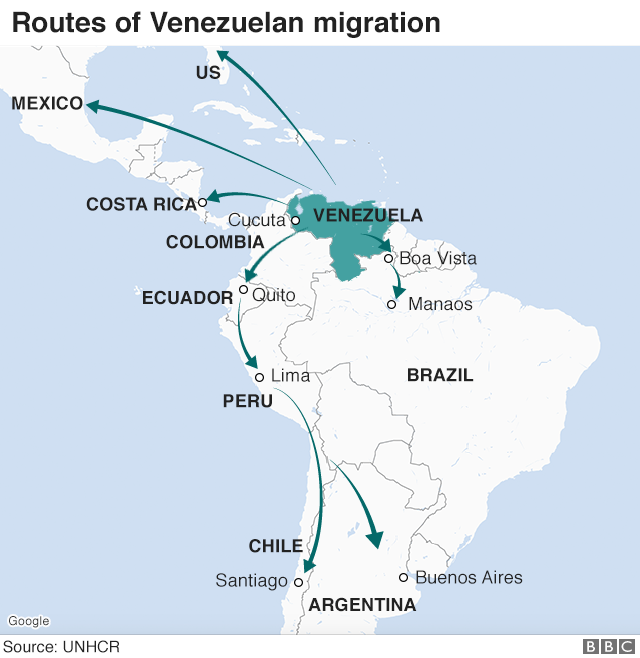
What's the situation in Venezuela?
Under the government of Nicolás Maduro, the economy has collapsed and shortages of food and medicines have become widespread.
In parts of the oil-rich country, fuel has become scarce and drivers queue for days at petrol stations. There are also frequent blackouts.
Read More (...)
Newer articles
<p>They have been blasted from car stereos on the streets of New York City, played by DJs at nightclubs across the US, dubbed into Chinese on TikTok and inspired merengue songs...
Island nation erupts into violence, three dead
Taylor Swift concert photo horrifies internet
Sean 'Diddy' Combs asks judge to reject lawsuit alleging rape of 17-year-old girl in 2003
Ukraine finds itself in a grave situation. Russia appears to be advancing
Ellen to make TV comeback after two years
How the West's plan to punish Russian oil backfired
Will Zionism survive the war?
Putin's Preparing Better Than Us for a Long War
Putin’s choice of new defence minister shows he’s preparing for confrontation with the West
